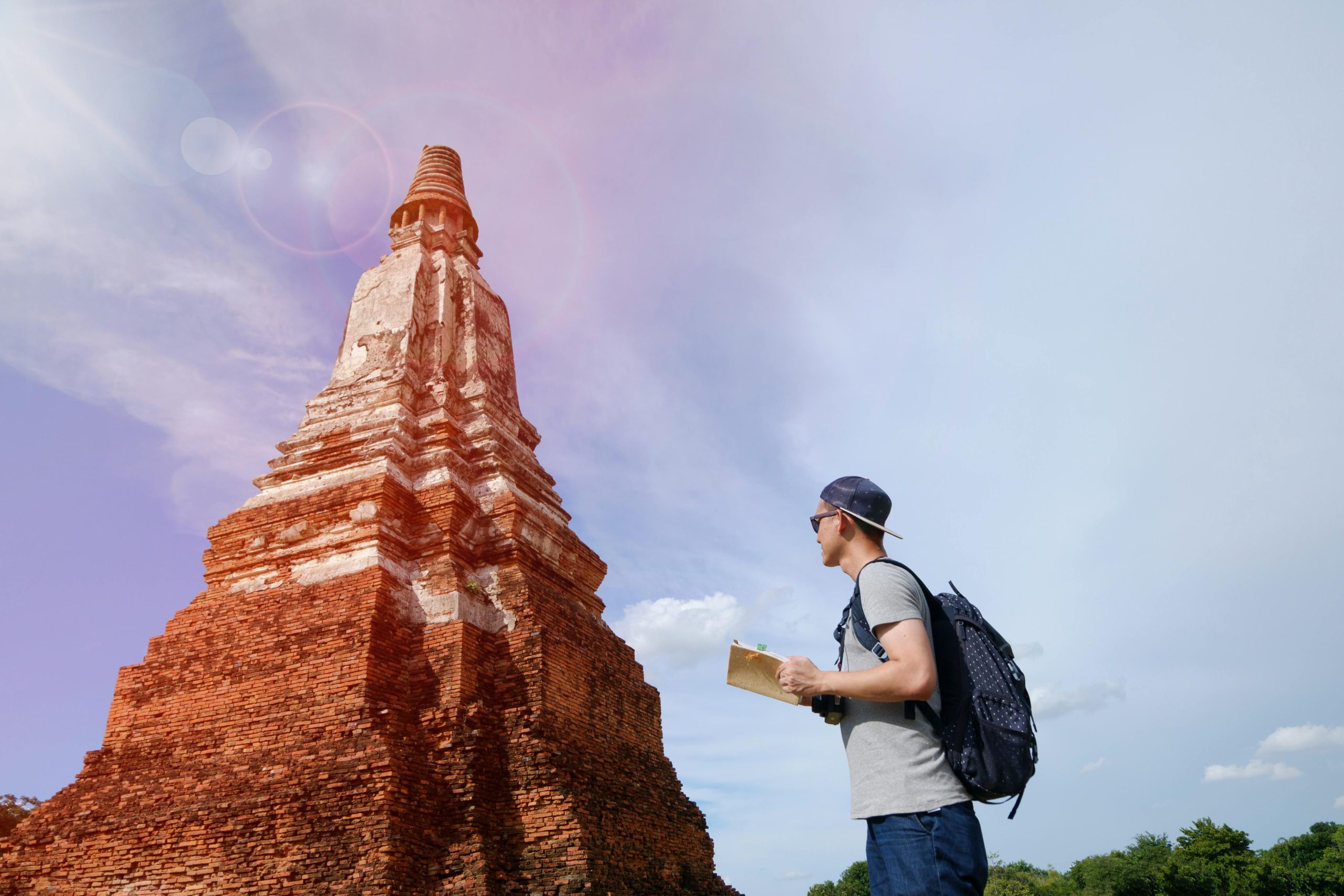Table of Contents
![]()
Holidays are more than just days off from work or school; they are cultural touchstones that often reflect the historical, religious, and social contexts of their time. Understanding the origins of famous holidays can offer valuable insights into how traditions evolve and how they impact societies across the globe. This article explores the origins of some of the most well-known holidays, delving into their historical roots, religious significance, and the evolution of their modern-day celebrations.
Major Religious Holidays
Christmas
Christmas, celebrated on December 25th, commemorates the birth of Jesus Christ, a central figure in Christianity. The date was chosen to align with Roman pagan festivals such as Saturnalia and the Winter Solstice, which celebrated the rebirth of the sun. By adopting this date, early Christians aimed to integrate their new faith with existing traditions.
The celebration of Christmas began to take shape in the 4th century, but it was not widely observed until the Middle Ages. Key figures in this evolution include St. Nicholas, whose acts of generosity inspired many Christmas traditions. Over time, Christmas absorbed various local customs, such as decorating trees and exchanging gifts. Today, it features a blend of religious and secular traditions, including festive decorations, family gatherings, and Santa Claus.
Easter
Easter celebrates the resurrection of Jesus Christ, an event central to Christian belief. The timing of Easter is linked to the Jewish Passover and is determined by the first Sunday following the first full moon after the vernal equinox. This method of calculation has its roots in early Christian practices and the desire to separate Easter from Jewish Passover.
Originally, Easter was a somber and reflective occasion, but over the centuries, it has evolved to include various customs, such as egg decorating and the Easter Bunny. These symbols, rooted in ancient springtime fertility rites, have merged with Christian traditions, creating a holiday that is both sacred and festive.
Ramadan and Eid al-Fitr
Ramadan is the ninth month of the Islamic lunar calendar, during which Muslims fast from dawn to sunset as an act of worship and self-discipline. The origins of Ramadan can be traced back to the Quran, which was revealed to Prophet Muhammad during this month.
The conclusion of Ramadan is marked by Eid al-Fitr, a celebratory festival that begins with a special prayer and is followed by communal meals and giving to charity. The practices associated with Eid reflect the joy of completing the fast and the importance of community and generosity in Islam.
Hanukkah
Hanukkah, also known as the Festival of Lights, is an eight-day Jewish holiday commemorating the rededication of the Second Temple in Jerusalem after the Maccabean Revolt. According to tradition, the menorah in the temple miraculously burned for eight days despite having only enough oil for one.
The holiday’s observance includes lighting the menorah, playing dreidel, and eating foods cooked in oil, such as latkes and sufganiyot. Hanukkah has evolved from a minor holiday to a significant cultural celebration, particularly in Jewish communities in the Western world.
Major Secular Holidays
New Year’s Day
New Year’s Day, celebrated on January 1st, marks the beginning of the Gregorian calendar year. The origins of New Year’s celebrations can be traced back to ancient civilizations, including the Babylonians, who celebrated the New Year during the vernal equinox.
The shift from the Julian calendar to the Gregorian calendar in 1582, introduced by Pope Gregory XIII, standardized January 1st as the start of the new year. Modern celebrations of New Year’s Eve include fireworks, parties, and various customs intended to usher in the new year with joy and optimism.
Halloween
Halloween, observed on October 31st, has roots in the ancient Celtic festival of Samhain, which marked the end of the harvest season and the beginning of winter. Samhain was believed to be a time when the boundary between the living and the dead was blurred.
With the advent of Christianity, Halloween incorporated elements of All Hallows’ Eve, the night before All Saints’ Day. The holiday evolved to include customs such as costumes and trick-or-treating, blending ancient traditions with modern festivities.
Thanksgiving
Thanksgiving, celebrated on the fourth Thursday in November in the United States, commemorates the Pilgrims’ feast in 1621, which was held to give thanks for a successful harvest. This feast, shared with the Wampanoag people, symbolizes cooperation and gratitude.
Over time, Thanksgiving became an official holiday in 1863 under President Abraham Lincoln. Today, it is marked by family gatherings, traditional meals featuring turkey and pumpkin pie, and a focus on gratitude. The holiday has also become a time for parades and football games.
National Holidays
Independence Day (USA)
Independence Day, or the Fourth of July, celebrates the adoption of the Declaration of Independence on July 4, 1776. This pivotal event marked the American colonies’ decision to break away from British rule.
The holiday is characterized by patriotic displays, including fireworks, parades, and speeches. It serves as a celebration of American independence and national pride, reflecting the values and history of the United States.
Bastille Day (France)
Bastille Day, celebrated on July 14th, commemorates the storming of the Bastille prison in 1789, a key event in the French Revolution. The fall of the Bastille symbolized the end of the monarchy’s oppressive regime and the beginning of the people’s sovereignty.
Modern celebrations include military parades on the Champs-Élysées, fireworks, and public parties. Bastille Day is a time for French citizens to celebrate their national identity and the principles of liberty, equality, and fraternity.
Australia Day
Australia Day, observed on January 26th, marks the arrival of the First Fleet in 1788, which led to the establishment of the British colony of New South Wales. The day is celebrated with various events, including citizenship ceremonies and fireworks.
The holiday is a subject of controversy, as it also represents the beginning of British colonization and its impact on Indigenous Australians. Modern discussions focus on acknowledging this complex history and promoting reconciliation.
Cultural and Regional Holidays
Lunar New Year
Lunar New Year, also known as Chinese New Year, is celebrated based on the lunar calendar and typically falls between January 21 and February 20. The holiday marks the beginning of the new lunar year and is associated with various customs intended to bring good fortune and prosperity.
Traditions include family reunions, feasting, and giving red envelopes with money. The celebrations are characterized by vibrant parades, dragon dances, and fireworks. Lunar New Year is observed in various countries with adaptations reflecting local cultures.
Diwali
Diwali, or Deepavali, is a major Hindu festival celebrated in October or November. The holiday signifies the victory of light over darkness and good over evil, symbolized by the return of Lord Rama to his kingdom after defeating the demon king Ravana.
Observances include lighting oil lamps, decorating homes, and enjoying festive meals and sweets. Diwali has grown to be a significant cultural and social event, celebrated by Hindus worldwide, and has also been embraced by other communities.
Carnival
Carnival is a festival that takes place before Lent in various countries, with origins in pre-Lenten celebrations in Europe. The holiday is marked by elaborate costumes, parades, and festive activities, blending Christian and pagan traditions.
Notable celebrations include Rio de Janeiro’s Carnival and Venice’s Carnevale. Each region has its unique customs and significance, but the common thread is the spirit of revelry and community before the solemn period of Lent.
Conclusion
Understanding the origins of famous holidays provides a window into the historical, religious, and cultural contexts that shape these celebrations. From ancient rituals to modern festivities, holidays reflect the values and traditions of societies around the world. As we continue to observe and evolve these celebrations, they remain vital to our cultural identity and collective memory.
Share This





Be the first to comment